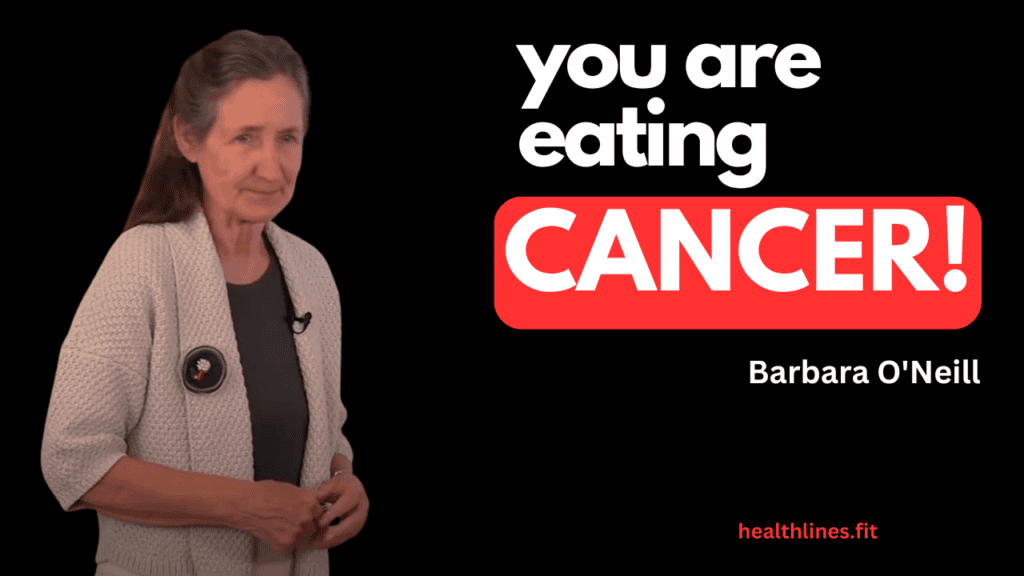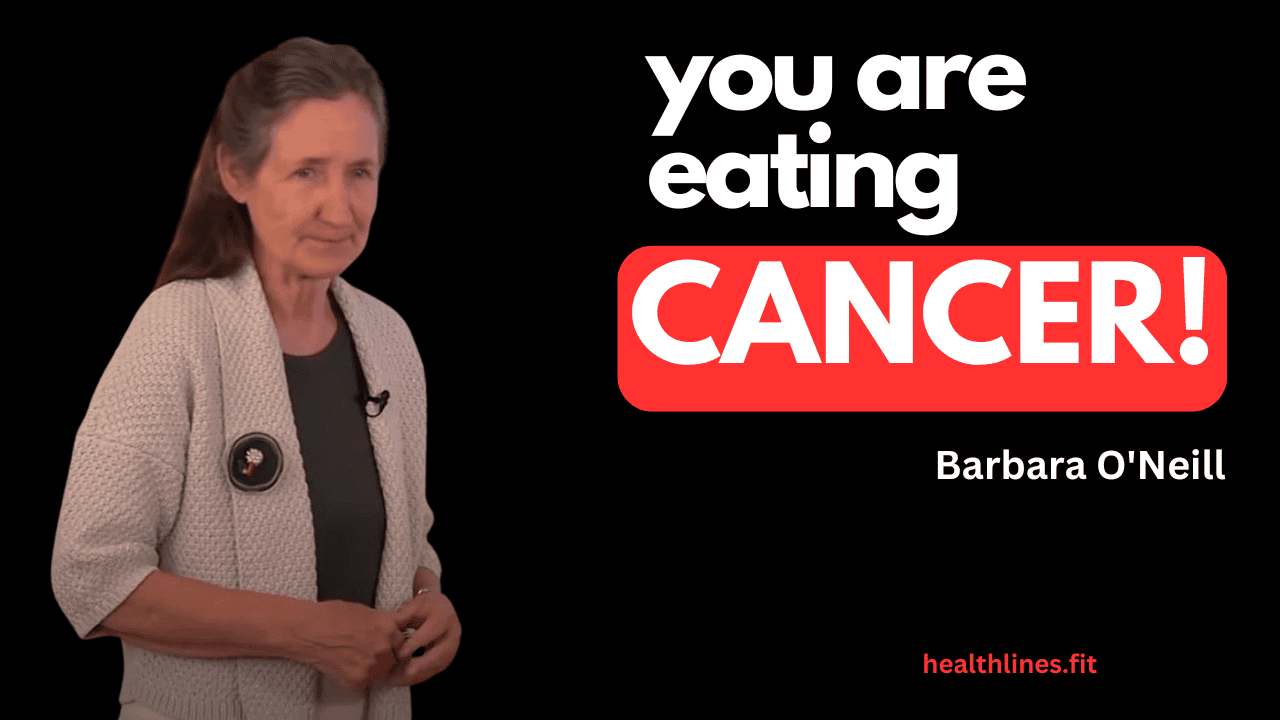Cancer thrives in an acidic environment. In a previous discussion, renowned health expert Barbara O’Neill shared seven alkaline-forming foods that help keep cancer at bay. In this article, we delve into eight acid-forming foods you should avoid to create a healthier environment for your body, thereby enhancing its natural defenses against cancer and other diseases.

1. The Importance of pH Balance
Maintaining a healthy pH balance in the body is crucial. Different pH levels can either promote or inhibit disease growth. The optimal pH for blood is between 7.35 and 7.4. However, a cellular pH of 5.5 fosters the growth of diseases like yeast infections, fungal infections, and cancer. Cancer cells particularly thrive in acidic and low-oxygen environments. Moreover, they feed on sugar. Hence, a diet high in alkaline foods, combined with strategies to oxygenate the body and reduce sugar intake, is recommended for those aiming to combat cancer.
2. Acid-Forming Foods to Avoid
1. Meat
Meat is rich in phosphorus, sulfur, and chlorine, making it highly acidic. Dr. Colin Campbell’s research demonstrated that the intake of meat and dairy products can influence cancer cell growth. Red and processed meats, staples in many Western diets, significantly increase dietary acid.
2. Wheat
Modern wheat, created through hybridization, contains high levels of acid-forming minerals. The original wheat, known as einkorn, had a fragile protein structure. However, hybridization over the years has led to a complex gluten structure that many people struggle to digest, contributing to gluten intolerance and associated symptoms like brain fog and bloating.
3. Caffeine
Caffeinated foods and drinks have an acidifying effect on the body. Diets high in acidic foods, such as those containing caffeine, animal protein, and processed foods, strain the body’s pH regulation. This can deplete alkaline minerals like sodium, potassium, magnesium, and calcium, leading to chronic and degenerative diseases. Additionally, caffeine often accompanies sugar, amplifying its acidifying impact.
4. Refined Sugar
While sugar itself is pH neutral, its metabolic byproducts, such as lactic and acetic acid, increase the body’s acid load. Sugar metabolism also depletes essential alkaline minerals and disrupts the gut microbiome, promoting the growth of acid-producing bacteria. This results in an overall acidic environment in the body, which is conducive to inflammation and disease.
5. Aged Cheese
Aged cheeses, particularly blue vein varieties, contain mold, making them highly acidic. Even fresh cheeses, although slightly less acidic, come from dairy sources that are generally acid-forming. The protein and phosphorus content in dairy products result in acidic compounds upon metabolism, increasing the kidney’s acid load.
6. Alcohol
Although not a food, alcohol creates an acidic environment in the body. It breaks down into acetaldehyde, a neurotoxin, which is harmful to brain health.
7. Tobacco
Like alcohol, tobacco is not a food but also contributes to an acidic body environment, further promoting conditions where diseases like cancer can thrive.
8. Processed Foods
Processed foods, including cereals, biscuits, cakes, cookies, and donuts, are primarily made from hybridized wheat and other acid-forming ingredients. These foods are high in sugar and refined grains, contributing to an acidic diet and health issues.
Balancing Your Diet
While it is essential to be mindful of acid-forming foods, you don’t need to eliminate them entirely. Aim to consume these foods in moderation, making sure that 70-80% of your diet consists of alkaline-forming foods. Include plenty of greens, legumes, and nuts. Even within these categories, some items can be acid-forming, so choose wisely. For instance, almonds and Brazil nuts are better options than other nuts, and lentils and soy are preferable legumes.
By understanding the impact of diet on your body’s pH balance and making informed food choices, you can create a healthier environment that discourages the growth of cancer cells and supports overall well-being.
